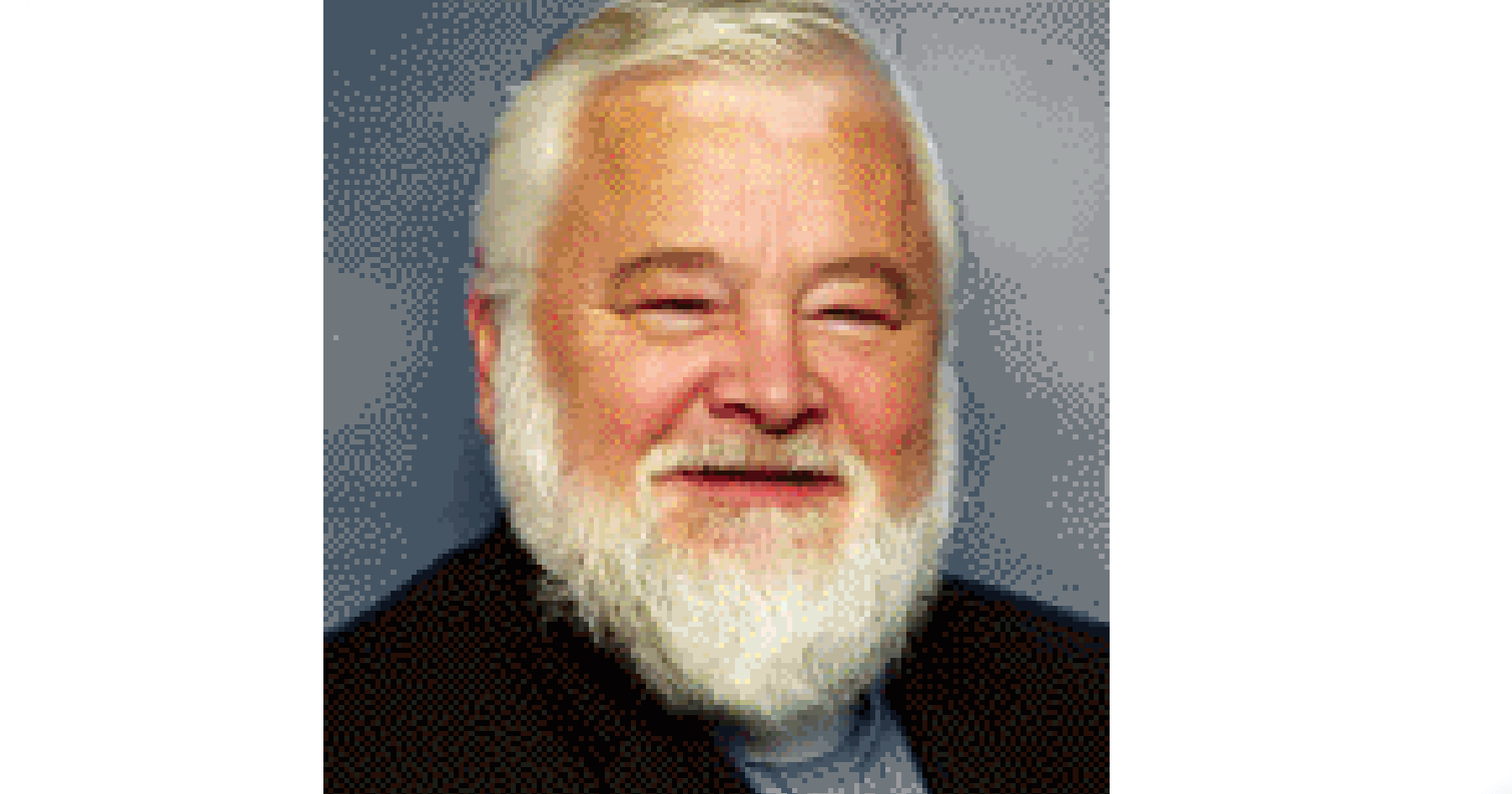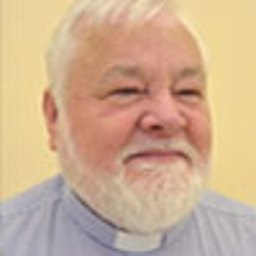One of my favourite poems comes from American theologian Howard Thurman:
“When the song of the angels is stilled,
when the star in the sky is gone,
when the kings and princes are home,
when the shepherds are back with their flocks,
the work of Christmas begins:
to find the lost,
to heal the broken,
to feed the hungry,
to release the prisoner,
to rebuild the nations,
to bring peace among the people,
to make music in the heart.”
I love this simple poem which calls us back to our vocation, using the words of Jesus who envisioned his ministry in these very same terms as in Luke 4:18. The work of Christmas is to find, to heal, to feed, to release, to rebuild, to bring peace.
Epiphany is the last day of the Christmas season, and the first of a new season celebrating baptism and vocation. The wonderful last line points to a deep joy as we live out our baptismal vocation.
I know of a man who tried to live this way in everything he did. He wasn’t perfect, but his joy in life was palpable. We all saw it in his twinkling eyes, in the laugh that was just waiting to burst forth, in the lightness with which he walked and danced on the earth. This man had music in his heart, and he helped the world hear the music of the gospel.
His name was Desmond Tutu. He had titles galore: Archbishop; Nobel Peace Prize laureate; chair of South Africa’s Truth and Reconciliation Commission. He was deeply involved in politics as an outspoken critic of the brutal system of apartheid and an ardent advocate for justice, peace, reconciliation, and hope.
But he was a humble man, born into poverty and hardship. He was a black child in a land ruthlessly ruled and dominated by white oppressors, who treated him as if he were somehow less than human. He could have easily been embittered by the hardships of his life. But instead, he “was making music in his heart.”
This mission was emblazoned on Tutu’s soul— “to find the lost, to heal the broken, to feed the hungry, to release the prisoner, to rebuild the nations, to bring peace among the people” … and above all, “to make music in the heart.”
The defining moment in his life happened in the mid–1930s. He was walking with his mother along a street in Johannesburg, when a white man in peculiar dress doffed his hat and respectfully greeted his mother. The man was an Anglican priest, Father Trevor Huddleston.
Huddleston was the one who lit the light in Desmond Tutu. That light which we named Desmond revealed to the world the goodness that is possible when we live out our baptismal vocation and take such deep joy in our discipleship.
His simple epitaph was “Desmond Tutu loved, laughed, and cried.”
For me, as for so many others, Desmond reveals the light of Christ. His faith was authentic, whole–hearted, genuine. He lived it, even at great cost to himself, with an inclusive, all–embracing love. His friend, Nelson Mandela, put it perfectly when he said: ‘Sometimes strident, often tender, never afraid and seldom without humour, Desmond Tutu’s voice will always be the voice of the voiceless.’
Desmond cried easily. He laughed easily. He made music in his heart because he was able to live out a vision and mission which gave him joy. And he fully lived out the work of Christmas in response to what he called “the divine nudge” and became an inspiration to the world.


